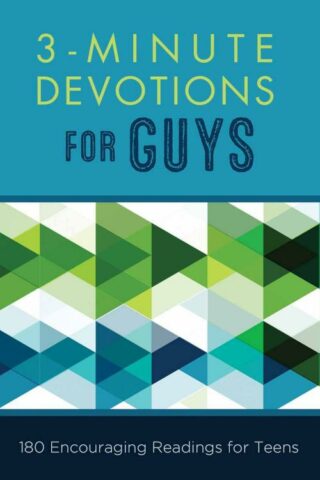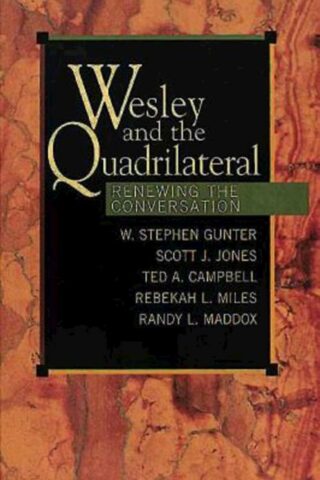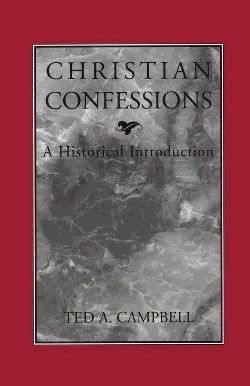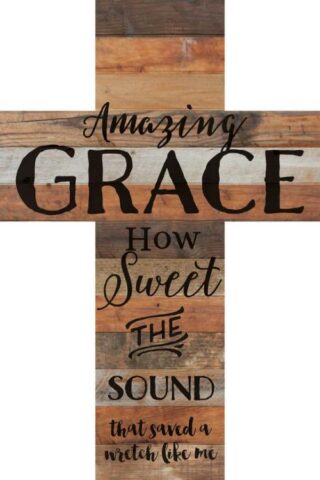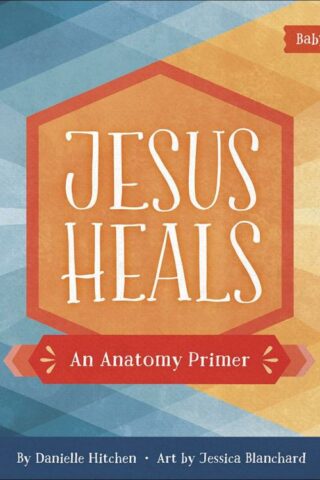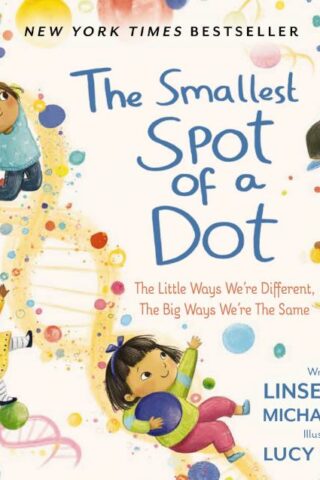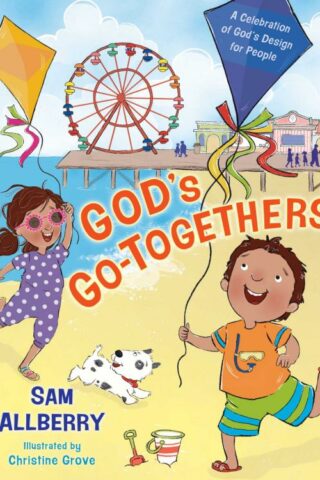Ted Campbell
Showing all 2 resultsSorted by latest
-
Wesley And The Quadrilateral
$28.99Since its first appearance in the Discipline in 1972, this formulation has come to be known as the “Wesleyan Quadrilateral.” The United Methodist Church has ever since been wrestling with how best to understand, interpret, and apply the concept of the Quadrilateral. Most United Methodists think that Scripture, tradition, reason, and experience can and must be used together in some way theologically, but there is considerable disagreement among them as to how this can best be done. The authors of this volume suggest that the solution lies in a “Wesleyan reappropriation” of a Quadrilateral as “the rule of Scripture within a trilateral hermeneutic of tradition, reason, and experience.” They are convinced that Scripture is primary but argue that it cannot function in a manner that negates the other components, for Scripture cannot be read or interpreted without the meditation of tradition, reason, and experience. And they hope that this formulation, resulting from their extended conversations with each other may be the beginnings of a shared theological language with which United Methodism can face the twenty-first century.
Add to cartin stock within 3-5 days of online purchase
-
Christian Confessions : A Historical Introduction
$60.00Explains the distinctives of each major strand in Christianity—Orthodox, Catholic, Protestant, and Evangelical—on questions of authority, God and Christ, human nature and salvation, church and ministry, the sacraments, and more.
Add to cartin stock within 3-5 days of online purchase

